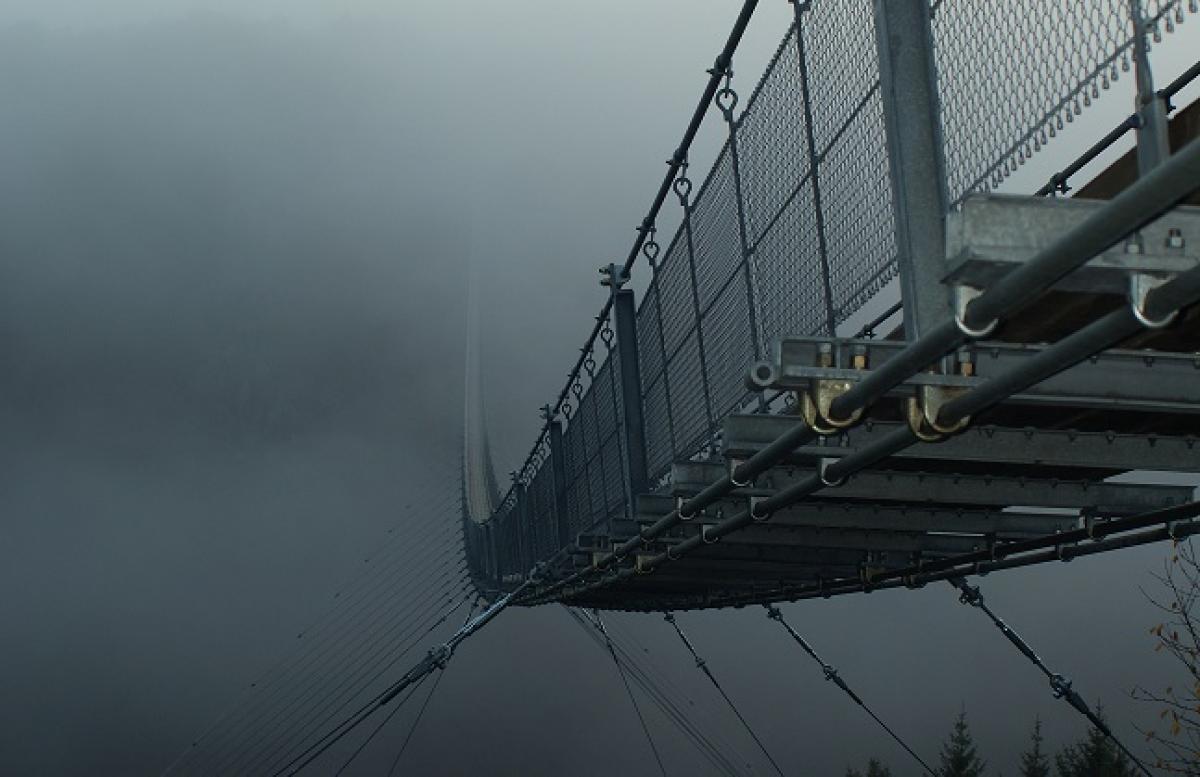Investors, troublemakers: Citizens & local powers of the Energiewende
(Geierlay bridge; photo credit: Ingo Börsch)
- What models exist for local investment and citizen engagement in the Energiewende?
- How do these fare in the face of ever tighter competition from energy market incumbents, who strive to turn renewables into a big business?
- And can a balance be found between new investments in wind power and in solar parks?
Our joint stock-taking exercise will take us to the West German heartland of Rhineland-Palatinate. This predominantly rural German federal state is a forerunner in citizen involvement and in setting ambitious renewables targets. While the new government coalition at the federal level has just agreed to generate 65% of the electricityconsumption from renewable sources by 2030, Rhineland-Palatinate wants this figure to reach 100% by 2030.
From its onset, the Energiewende has gripped large parts of German society: thousands of local initiatives, citizen cooperatives, and business models have sprung up across the country. For several years, the bright vision of the anti-nuclear movement that had sparked the Energiewende seemed to be within reach: a citizen-owned, highly decentralised energy system, driving rural growth and community-building.
Through investments by citizens, the German energy market has grown from being virtually monopolistic to being fragmented and highly decentralised. This dramatic shift to a decentralised energy system has taken place within the framework of the Renewable Energy Act (EEG). Small investors were given an incentive through feed-in tariffs to implement new renewable power installations, guaranteed for 20 years.
But now the project enters a new phase as today over a third of the electricity used in Germany comes from renewable sources. For small-scale energy producers – private households, farmers, and cooperatives –, whose production has so far been seen as the backbone of clean energy in Germany, new regulations have led to uncertainty over their future investment decisions.
Apply by 23 March through the sign-up button at the top of the page. We will notify you whether your application has been successful no later than 4 April 2018. For further details, please consult the study tour programm.
Please note: while Clean Energy Wire will cover all expenses during the workshop (including food, accommodation and travel between the sites visited), participants must cover their own expenses for travel to Bad Kreuznach (where the workshop will begin) and from Frankfurt am Main Airport (where the workshop will end).
Only in specific cases and upon individual application can we additionally provide funding support for travel to Germany (60% reimbursement for land-based travel, and a maximum of 40% reimbursement for air travel).
For all journalists who happen to have extra time on their hands ahead of the study tour, please note: the Berlin Energy Transition Dialogue 2018, along with side events, will take place in Berlin from 16 - 20 April. The event is organised by the German government.

